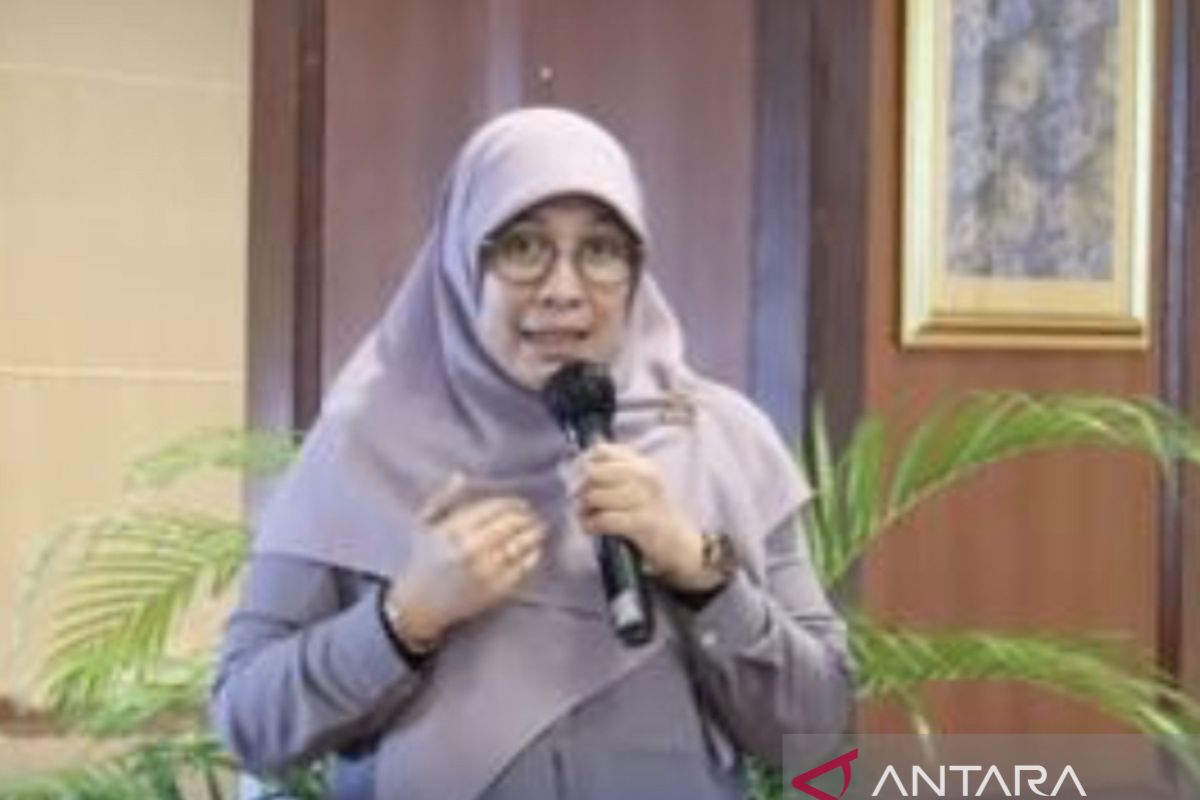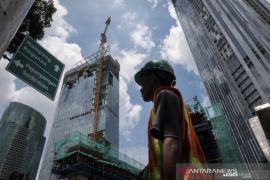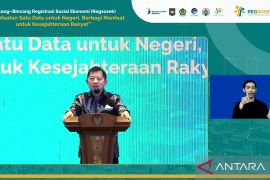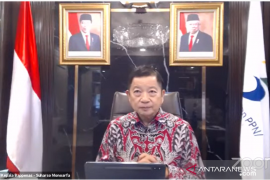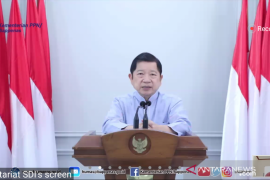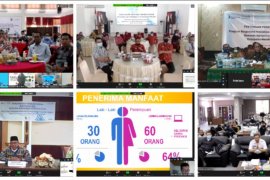We can start to develop anticipatory measures, although we cannot prevent it (the disaster) completely, but at least, we can reduce the disaster riskBalikpapan, E Kalimantan (ANTARA) - Indonesia should develop a regional-based disaster resilience system, Coordinator for Disaster Mitigation at the Directorate of Spatial Planning, Land Affairs, and Disaster Mitigation at the National Development Planning Agency (Bappenas) Diah Lenggogeni stated.
Lenggogeni, here, Wednesday, emphasized the need for a regional-based resilience system to encourage the involvement of the community at the grassroots level, so people did not only become the objects of disaster mitigation but also the subjects of the activity.
In the last decade, various disasters in Indonesia could be categorized based on certain characteristics of a region, she noted. Thus, it can serve as the basis to conduct disaster prevention attempts in each region.
"We can assess the potential for disaster occurrence in several areas. According to it (the assessment), we can map the disaster potentials and (determine) the mitigation attempts," the official remarked.
During the discussion session at the National Seminar on Strengthening Disaster Mitigation Systems for Community Resilience at the commemoration of the 2022 Disaster Risk Reduction (DRR) Month here, she said that developing a regional-based disaster resilience system could become an anticipatory attempt for disaster risk reduction.
"We can see from the history of disaster occurrences in Indonesia that there are repeated incidents, for instance, floods, tsunamis, and so on. We can start to develop anticipatory measures, although we cannot prevent it (the disaster) completely, but at least, we can reduce the disaster risk," she emphasized.
The anticipatory measures include encouraging the public’s literacy on disaster and strengthening community resilience in disaster-prone areas, such as coastal areas and mountain slopes.
Lenggogeni also assessed the need for stronger interventions from the government in disaster mitigation and preparedness. If necessary, the attempts should involve non-governmental institutions, so that disaster mitigation can be conducted on a more massive and holistic scale.
"There is great potential for more massive community involvement if it involves non-governmental institutions. They are also more responsive in mobilizing volunteers," she stated.
The main activities to commemorate the 2022 DRR Month in East Kalimantan Province take place in Balikpapan City on October 12-14, 2022.
Related news: Disaster mitigation shifting to risk reduction: BNPB
Related news: Ministry affirms importance of early warning for disaster mitigation
Related news: BNPB educates people through 'Exhibition on Disaster'
Translator: Arumanto, Uyu Liman
Editor: Sri Haryati
Copyright © ANTARA 2022
